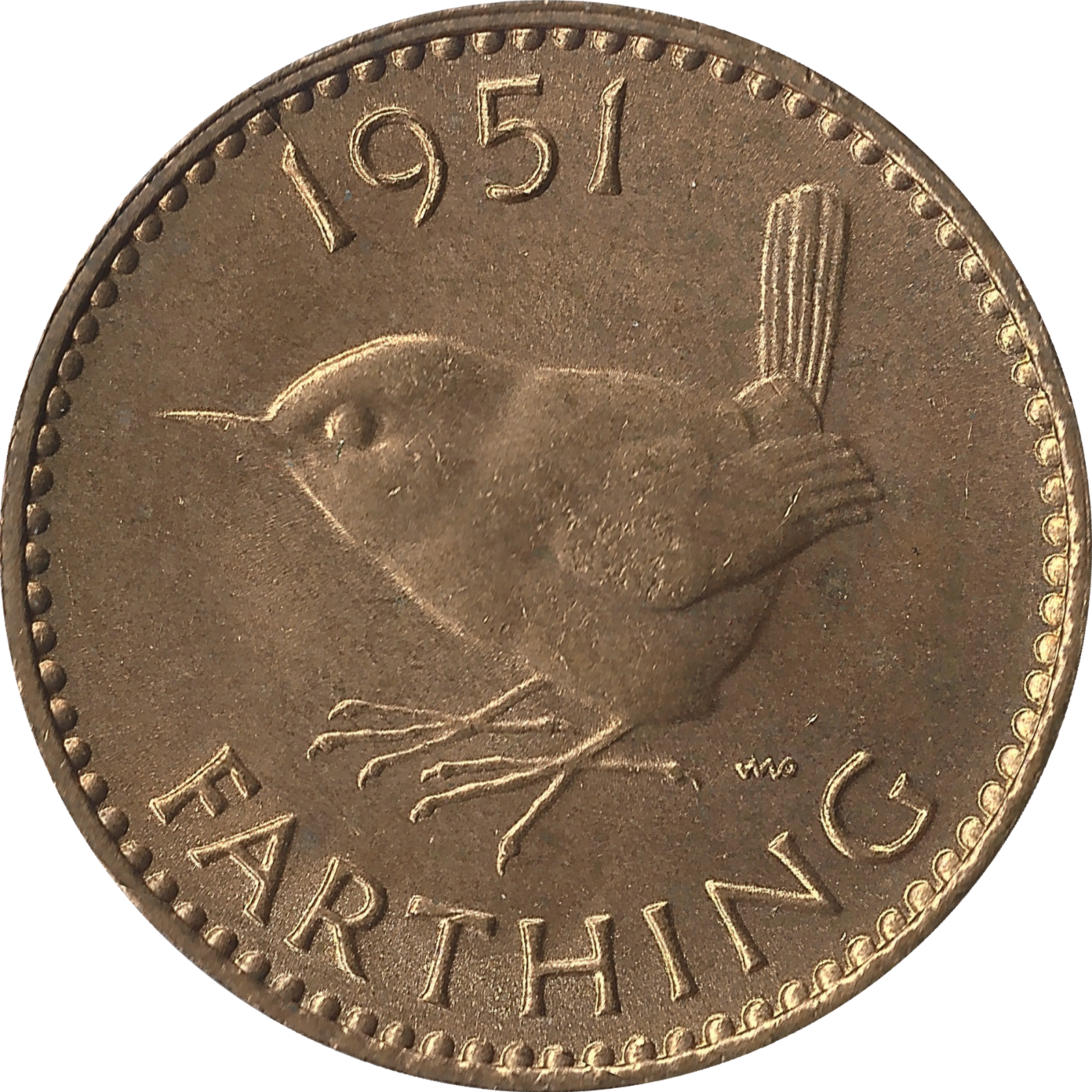The Black Jack Economy
 |
| Decimal half penny |
Back then, I would sometimes come across a small coin called a 'farthing'; it was worth one quarter of a pre-decimal penny. They never turned up in your change but could be found in garden compost heaps, in the gutter, or sometimes, lying in the grass at the local park.
 |
| Farthing |
My local sweet shop sold Black Jacks, (a small aniseed flavoured chew); they were four for a penny or two for a ha'penny. They, along with their fellow sweets, Fruit Salad, not only were good to eat, but could also be used as a form of currency where they could be swapped for favours or other sweets. The early Black Jacks had a wrapper with a picture of a gollywog on the front; something I suspect sweet manufacturers would hesitate to do now.
I should have been able to exchange my newly found farthing for one Black Jack but the shopkeeper wouldn't take them arguing the value was too small to worth bothering with. Even if I managed to collect a whole penny's worth, it was no use.
"Sorry lad, we don't take farthings."
Farthings were still legal tender until 1960 so their refusal to accept them seemed like an act of unfair discrimination against small children who might not have anything else to barter with.
That farthing would be worth five pence today. I don't know how many Black Jacks 5p would buy nowadays but as they sell for about £2 for a 250 gram bag, not very many I suspect.


No comments:
Post a Comment